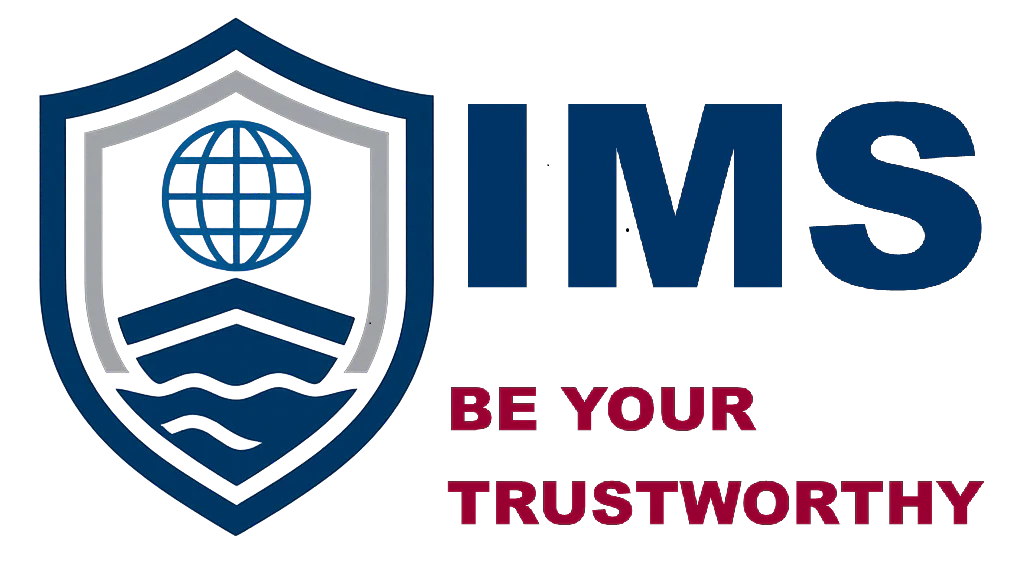IMS coating experts fulfill his critical role by supervising every stage of the coating process during dry-docking. Our comprehensive approach ensures that coatings are applied correctly, defects are immediately addressed, and specifications are strictly followed. This hands-on supervision is key to maximizing coating lifespan, reducing the costs, and ultimately ensuring the success of the hull coating.
Impact of Hull Roughness on Fuel Consumption and Hydrodynamic Efficiency
Improving fuel consumption and hull performance requires the ship’s hull to be as smooth and friction-free as possible. At a vessel’s design speed, most of the fuel is consumed in overcoming frictional resistance in water, which is significantly influenced by the roughness of the hull surface exposed to water flow. Even a small increase in hull surface roughness – by just 10µm to 20µm – can raise total hull resistance by approximately 1% for full-form vessels such as oil tankers and bulk carriers, and by about 0.5% for high-speed ships. Hull coatings and surface smoothness play a critical role in optimizing the ships hydrodynamic performance. Minimizing drag and preventing marine growth on the hull can lead to substantial fuel savings. When compared to a hull affected by physical damage or biological fouling, such as barnacle accumulation, the potential savings become even more significant.
Dry-Docking Supervision
Hull treatment is one of the most critical aspects of dry-docking a vessel, and achieving a low Average Hull Roughness (AHR) is essential for enhancing the hydrodynamic performance of the hull. The knowledge and supervision of the coating superintendent play a vital role in the success of hull coating. The IMS coating team is highly experienced with the processes, procedures, inspections, and quality control associated with various antifouling systems, including HEMPAGUARD X7/X8, SEAQUANTUM X200, SEAFLO NEO, and many others. During the dry-docking process, the IMS supervisor becomes an integral part of the owner’s docking team, consistently acting in the best interests of the owner.
To ensure optimal hull smoothness and coating performance, IMS’s dedicated supervisors demonstrate true professionalism from the initial kick-off meeting through to project completion. This includes establishing a clear understanding of supervision standards, work requirements, procedural execution steps, and any special techniques needed for complex areas. Strict supervision and quality control are maintained throughout the entire coating application process to ensure that all applicators adhere to correct spray techniques – including spray angle, speed, distance, stroke width – and to immediately correct any improper operations. Our rigorous quality control ensures a highly smooth hull surface and uniform dry film thickness (DFT) across the entire hull, thereby enabling even polishing of the antifouling layer during service and significantly reducing fuel consumption.
For inquiries or to discuss your requirements, please email IMS at enquiries@imscoltd.com or contact us by clicking the button below.
